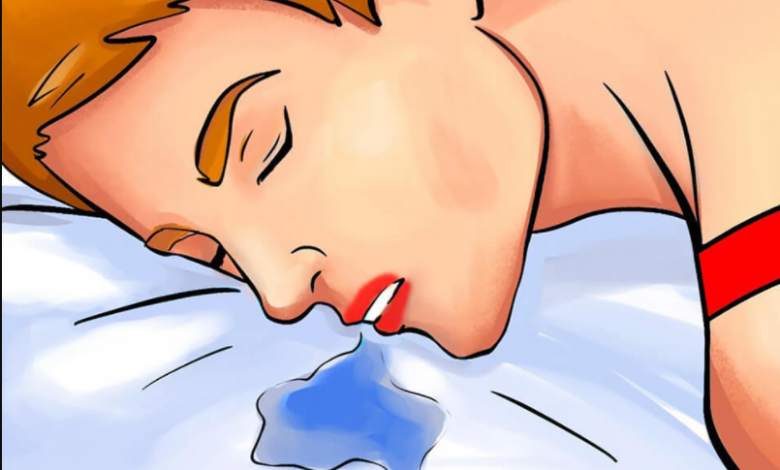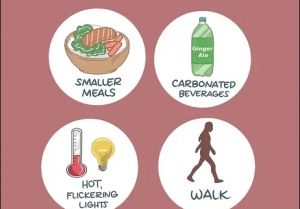EXCESS SALIVA DURING PREGNANCY

An abundance of Excess saliva during pregnancy can make the already unhappy symptom of morning sickness even more uncomfortable.
It’s normal to have more saliva when you’re pregnant. Excessive salivation is called ptyalism, or sialorrhea, and the condition won’t affect your baby.
Under normal circumstances, your salivary glands produce about 1 1/2 quarts of saliva a day, but you generally don’t notice it because you swallow continually and unconsciously. If you suddenly seem to have a lot more saliva in your mouth now that you’re pregnant, you actually may be producing more or swallowing less – or a combination of the two.
Some women feel as though they salivate more than usual when they’re nauseated. A few pregnant women have so much saliva they need to spit some out.

You won’t be able to get that extra saliva during pregnancy to evaporate, but you can try to get some relief by:
- Early Sign Pregnancy
- Chewing on ice
- Using a minty mouthwash
- Brushing your teeth often with minty toothpaste — it’s also good for dental care, which is extra important during pregnancy
- Chewing sugarless gum
- Eating or drinking something sour, like sucking on lemon slices
- Carrying tissues and a wipe towel with you at all times, so you can blot any escapes from your mouth
EXCESSIVE SALIVA AND THE FIRST TRIMESTER
Ptyalism is common during the first trimester of pregnancy. You might need to spit out some into a tissue quite often, and the bitter taste of the saliva can cause nausea and vomiting. The good news for most women is that it should ease after the first trimester.
TREATMENTS FOR EXCESSIVE SALIVA
While there is no medical treatment for ptyalism, you may be able to ease symptoms by:
- eating smaller but more frequent meals
- brushing your teeth and using mouthwash several times a day
- chewing sugarless gum or sucking hard sweets
- taking







